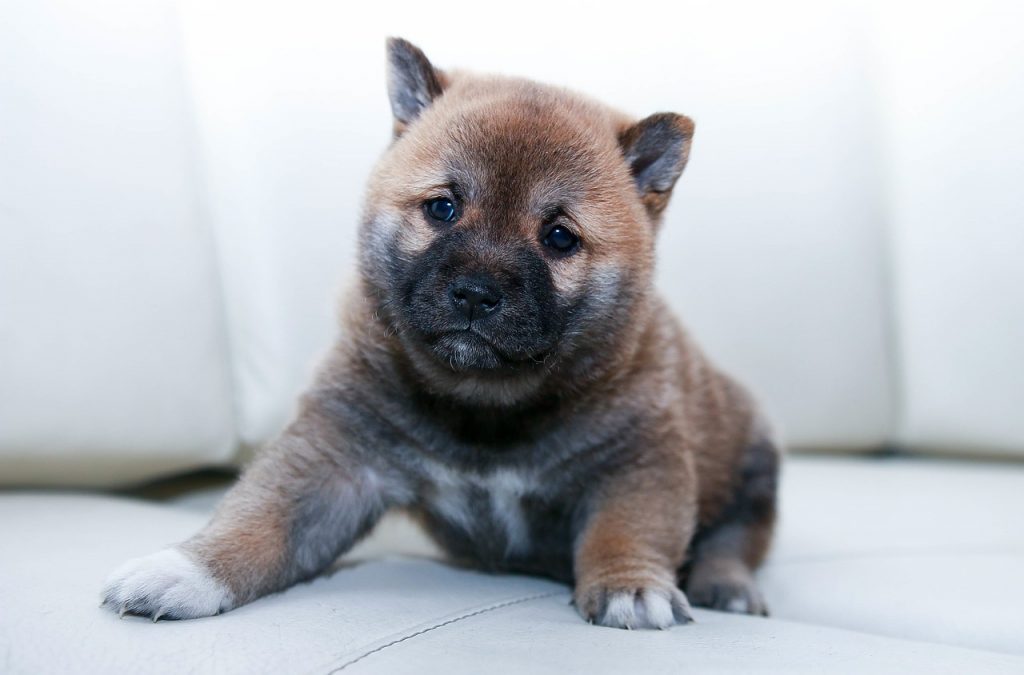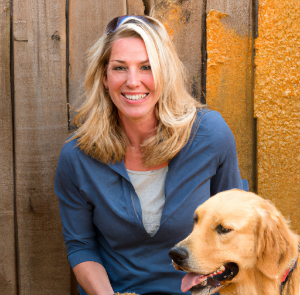
Careful training at an early age is the key to having a socially-adept, friendly and well-behaved dog in later life. However, many people feel confused by the difficulties a puppy can cause, and are not sure how to go about house-breaking their new pet.
The First Principle of House Breaking
The objective of house-breaking is to teach your puppy from a very early age that it is not acceptable to mess indoors. This is a daunting task, as a young puppy has no idea why it is wrong to wee on the carpet, and therefore will not understand initially why it is OK to go to the toilet outside, but not indoors.
The first principle of having a well-adjusted, secure and happy puppy is to start crate training. A crate is a large metal-framed ‘cage’ with a warm bed in it, which is secure, well-ventilated and safe. All major pet retailers sell them. The crate has a number of benefits:
To crate train, put the crate in a safe warm place and line half of it with paper of a puppy pad, and half with a lovely cozy bed. Lock the puppy in at night when it is time to sleep. Get him used to it as a warm space which is all his own. Never use the crate as a punishment. In a few days, the pup will learn that his bed in the crate is a great thing, and choose to go there by himself rather than being told to! It is impossible to underestimate the usefulness of a crate – the pup can go in if an owner has to pop out for a while, and it keeps him feeling secure and happy.
Starting to House-Break
Here are the rules of simple house-training.
Keep the pup in a small enclosed area from ages 0 – 8 weeks. The kitchen is perfect for this as lino is easy to clean! Keep the crate in the kitchen too. Put a puppy pad or newspaper down by the door, and spray it with a special training aid, which makes the pad smell irresistible for the pup to use.
Treat all messes on the carpet or floor with a spray designed to eliminate odour, to prevent reoccurrence in the same place.
Training From 3 Months Onwards
Gradually, the pup will learn that outside wees are good, and inside ones are not good.
Pups are usually highly intelligent, clean and desperate to please their owners. By using praise and encouragement each time the pup does well, the messages will gradually sink in and he will be house-broken. At twelve weeks, with the use of a single pad by the door, the puppy will be sufficiently trained to ensure no more messes in the wrong places.
